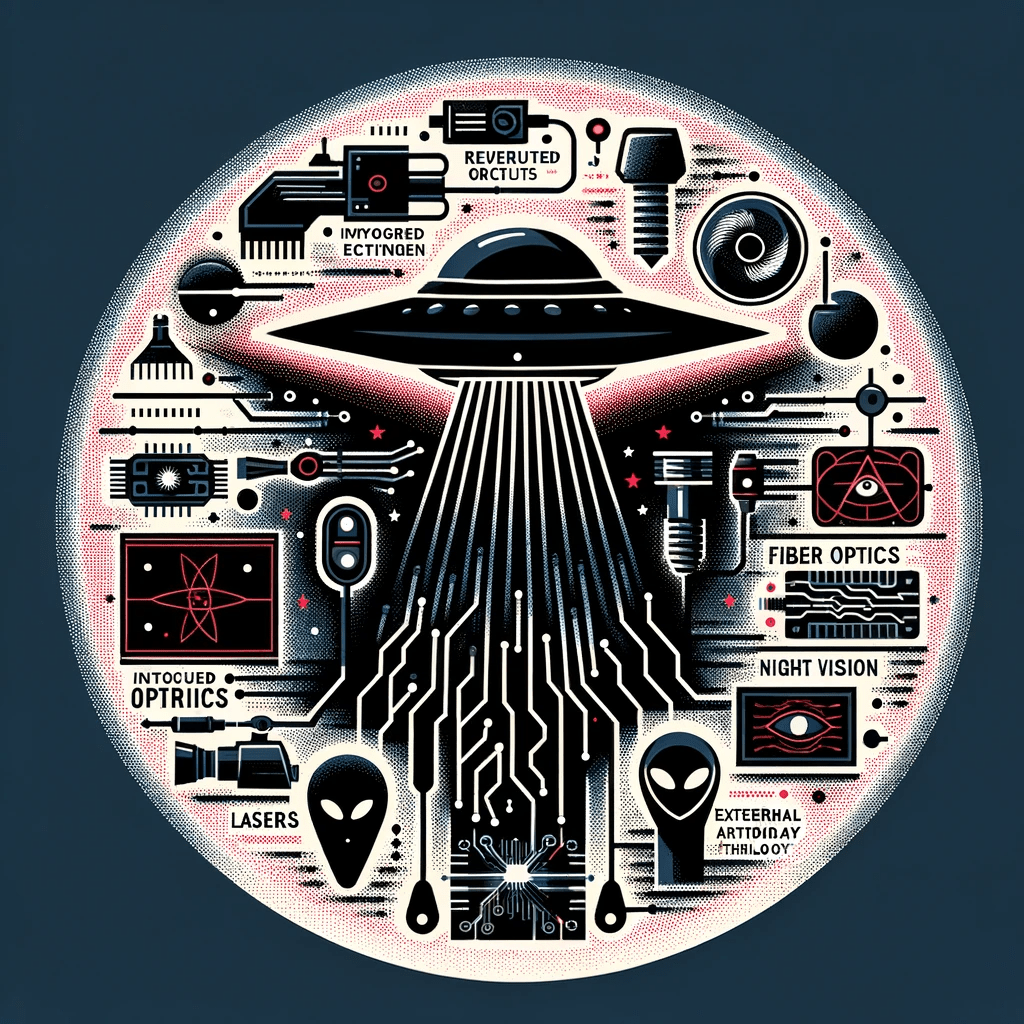Colonel Philip J. Corso

Colonel Philip J. Corso was a former U.S. Army officer who claimed to have been involved in the retrieval and reverse engineering of extraterrestrial technology from the Roswell crash site in 1947. Corso served in the Army for over 20 years, including a tour of duty in Europe during World War II and a role in the National Security Council under President Dwight D. Eisenhower.
In 1997, Corso wrote a book entitled “The Day After Roswell”, in which he claimed that the U.S. government had recovered the remains of an extraterrestrial spacecraft and its occupants from the Roswell crash site in 1947. According to Corso, he was involved in the retrieval and was tasked with overseeing the reverse engineering of the extraterrestrial technology, which he claimed was then leaked into the private sector to jumpstart the development of new technologies, including the integrated circuit and fiber optics.
Colonel Philip J. Corso claimed that the extraterrestrial technology recovered from the Roswell crash site was reverse engineered and leaked into the private sector, leading to the development of several new technologies, including:
- Integrated circuits
- Fiber optics
- Laser technology
- Night vision devices
- Particle beam weapons
- Antigravity propulsion systems
- Advanced medical technology
- Advanced materials science, including the development of superalloys and other advanced materials
- Microelectronics, including the development of new electronic components and systems
- Computer technology, including the development of new computer architectures and advanced software systems
- Energy technology, including the development of new energy sources and advanced power systems
- Communications technology, including the development of new communication systems and advanced signal processing techniques.
Corso’s claims were met with skepticism and controversy, and many experts have challenged the validity of his claims. Critics have pointed out that there is no concrete evidence to support Corso’s claims and that much of the information he provided in his book is inconsistent with the available historical record.
Despite the controversy surrounding his claims, Corso’s book has been widely read and discussed, and has become a popular topic among UFO enthusiasts and conspiracy theorists. Some have argued that his claims represent a significant breakthrough in the understanding of the Roswell incident, while others have dismissed his claims as fiction and disinformation.
In terms of books, Corso’s “The Day After Roswell” is often cited as one of the most important works on the Roswell incident and is frequently mentioned in discussions about the history of UFO sightings and the phenomenon of extraterrestrial life. Other books that explore the Roswell incident and the claims made by Corso include “UFOs and the National Security State: The Cover-Up Exposed, 1973-1991” by Richard M. Dolan, “UFOs: Generals, Pilots, and Government Officials Go on the Record” by Leslie Kean, and “The Roswell Report: Fact vs. Fiction in the New Mexico Desert” by the U.S. Air Force.
Colonel Philip J. Corso’s claims about his involvement in the retrieval and reverse engineering of extraterrestrial technology from the Roswell crash site have been the subject of much debate and skepticism. While some have argued that his claims represent a significant breakthrough in the understanding of the Roswell incident, others have dismissed his claims as fiction and disinformation. Regardless of the validity of his claims, Corso’s book “The Day After Roswell” remains a popular and widely discussed topic among UFO enthusiasts and the general public alike.


